India's credit ecosystem is at a critical point. Despite economic growth and tech advances, many still lack access to credit due to poor or missing credit histories. Understanding this challenge and finding innovative solutions is key. In a recent episode of The Simple Hai! show, veteran financial journalist Vivek Law spoke with Manish Shara, co-founder and CEO of Zet, a fintech company dedicated to bridging this credit gap. Shara shed light on the challenges of credit accessibility in India, the importance of credit affordability, and how education and responsible lending can transform India's credit landscape.
Understanding the Credit Problem in India
When asked about the core problem Zet seeks to solve, Shara told Law that the issue goes beyond merely whether a person gets a loan or not. "Credit score impacts not only loan accessibility, but also the interest rate at which a loan is given," he emphasised. This is a critical distinction because many Indians, particularly from low and middle-income groups, might technically secure a loan but at exorbitant interest rates, sometimes ranging from 100 percent to 150 percent annually.
When Law pointed out, "India's credit card penetration stands at just 5 percent, which is below many other developing countries, Shara replied, "Traditional banking systems with branch-heavy, high-capex models mainly serve high-income groups earning over Rs 1 lakh per month. This makes them inefficient for serving the 35 to 40 crore people who earn between Rs 20,000 and Rs 35,000 monthly and are mostly self-employed."
He added, "These people often have no formal credit history, and hence are either rejected outright or forced to borrow at exploitative rates from informal lenders or from digital apps at high interest rates." This systemic inefficiency leaves a vast majority of the population caught in a vicious cycle of unaffordable credit and limited financial inclusion.

Millions of Underserved: Who Are They?
Shara highlighted India's unique employment landscape. "About 60-70 percent of India's workforce is self-employed, and another 13-14 percent comprises casual workers without fixed salaries. For lenders, determining the intent and ability to repay loans from such groups is challenging," he explained.
"Consequently, these segments are often excluded from formal credit channels. The current underwriting models of large public and private banks are built around high-capex branch networks designed to serve salaried individuals who earn high incomes. They cannot cost-effectively serve low-income or informal sector workers," said Shara.
This explains why millions of Indians resort to informal borrowing from friends, family, or local moneylenders, often at steep interest rates. Shara called this "a systematic struggle most Indians face when it comes to credit."
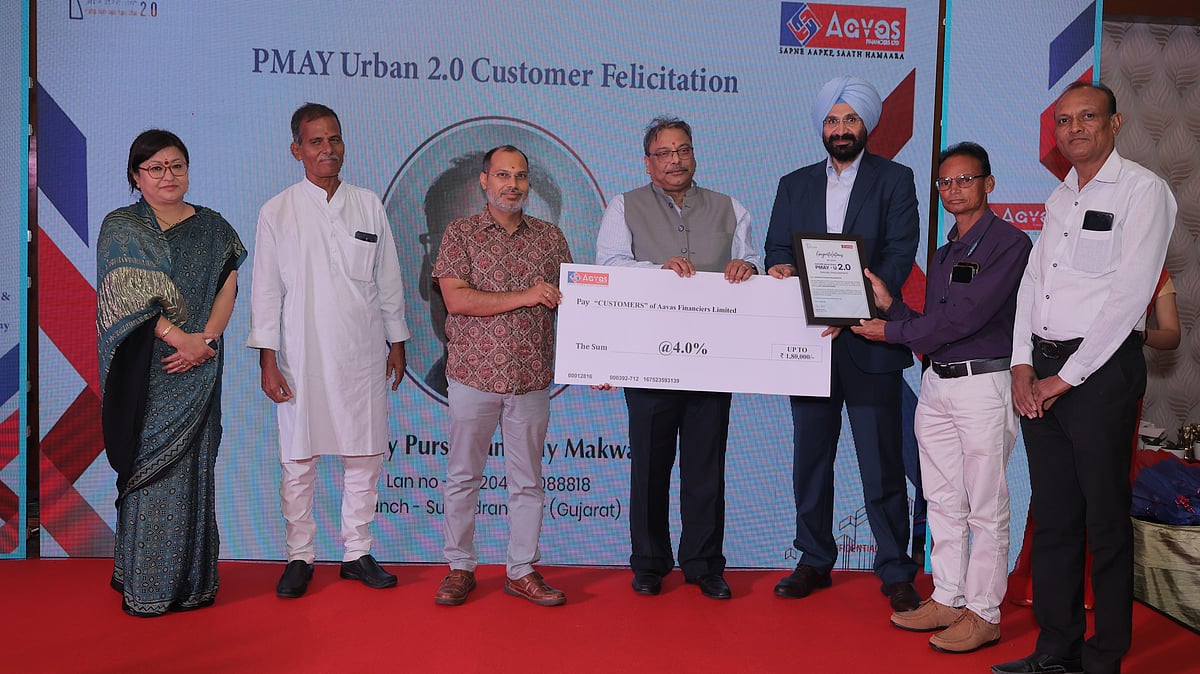
Democratising Credit Access and Affordability
Shara shared that Zet's mission is twofold: "We want every Indian to have a credit score, and more importantly, a good credit score that enables affordable credit access."
Zet achieves this by partnering with banks like SBM Bank India to offer an FD-backed credit card. "Our card is secured by a fixed deposit starting from Rs 5,000, which gives customers a credit limit of approximately 90 percent of their FD amount," he explained. "It is a RuPay card that works on all UPI apps, accessible to people who earn between Rs 20,000 and Rs 35,000, mostly self-employed, who otherwise struggle to get credit cards."
Additionally, Zet offers dispute resolution services for incorrect credit report entries, a common problem where people are unknowingly held accountable for others' defaults due to mistakenly shared guarantees or errors.
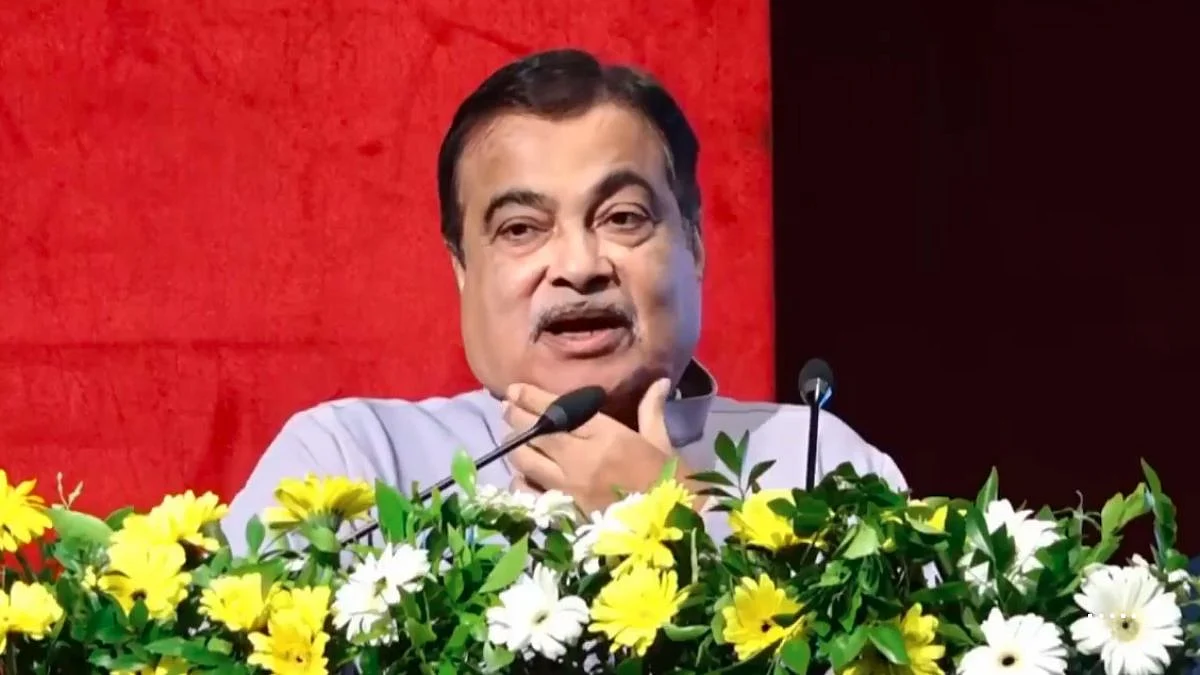
Importance of Responsible Credit Use and Education
Beyond credit provision, Zet focuses heavily on education. Shara described how many customers don't understand their credit reports or how credit scores are calculated. "We use AI-generated videos in local languages to explain credit reports, helping users understand which behaviors improve or harm their scores."
The conversation took a serious turn when the guest addressed the risks of credit misuse. Shara acknowledged, "Credit is a powerful tool, but if used irresponsibly, it can lead to severe consequences, including mental stress and, tragically, even suicides." He emphasised that India's financial literacy is low, especially in Tier 2, 3, and 4 cities.
Shara said, "We focus heavily on responsible credit usage. Our app alerts customers if their credit utilisation exceeds 40 percent, advising them not to spend more so that their credit score doesn't deteriorate." He explained the "revolving credit" trap: many users pay only the minimum due, which accumulates high interest over time, sometimes over 2 percent per month, leading to unmanageable debt.
Because the card is FD-backed and customers are educated continuously in the Zet model, the risk of falling into debt traps is minimised. "Our credit experts actively counsel users, telling them if they should take credit at all and when," Shara added.
Real-Life Use Cases: Who Uses Zet Credit Card and How?
When asked about the typical uses of Zet's credit card, Shara said, "Most customers use it for daily needs like grocery shopping and utility bill payments." He pointed out two main benefits: customers avoid convenience fees charged by many UPI apps, and they often receive discounts on major e-commerce platforms.
Regarding self-employed entrepreneurs and freelancers, Shara shared, "Many platforms accept payments only via credit cards, and these entrepreneurs often find it difficult to get cards from traditional banks. Our product fills this gap, enabling them to access business-related discounts and offers which translates to money saved."
Future of Credit Inclusion in India
Manish Shara's insights highlight that India's credit challenge is not just about access but affordability and responsible usage. Zet's innovative approach, combining technology, secured credit products, and financial education, is a promising model to empower the vast underserved population.
As Shara concluded, "Credit should be a tool that helps people grow, not a trap that pulls them down. Education, awareness, and systemic innovation are the keys to bridging this massive gap."
The conversation leaves us hopeful that with sustained efforts from fintech innovators like Zet, India's financial landscape will become more inclusive and equitable in the years to come.
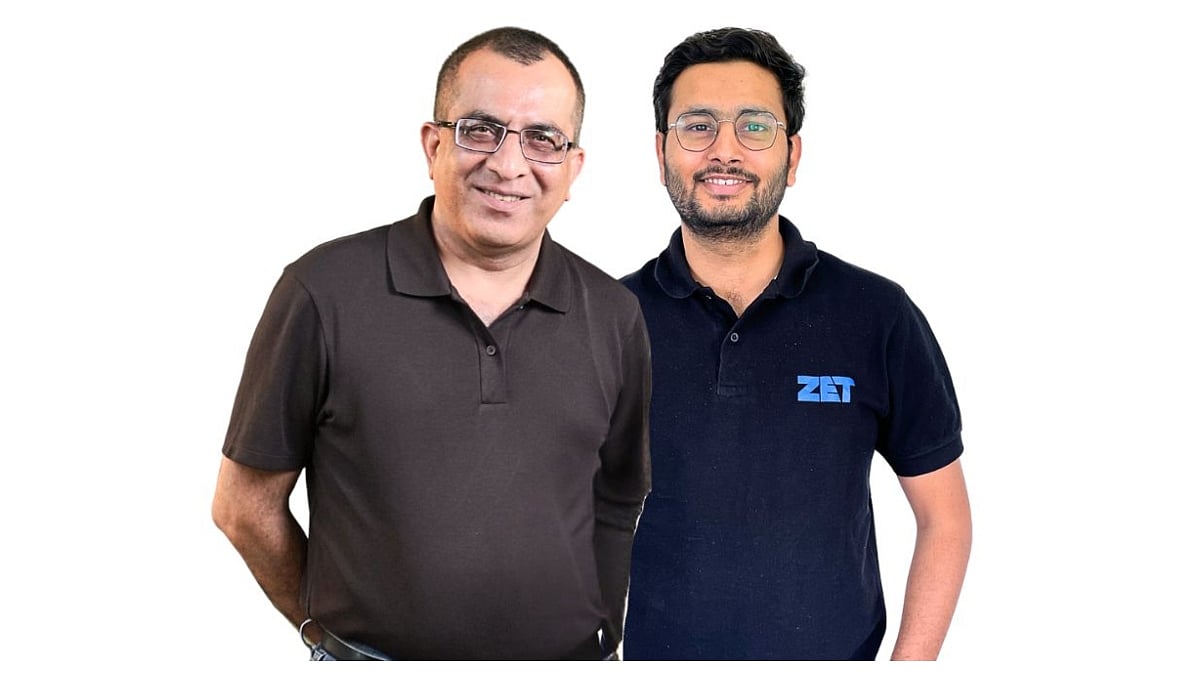



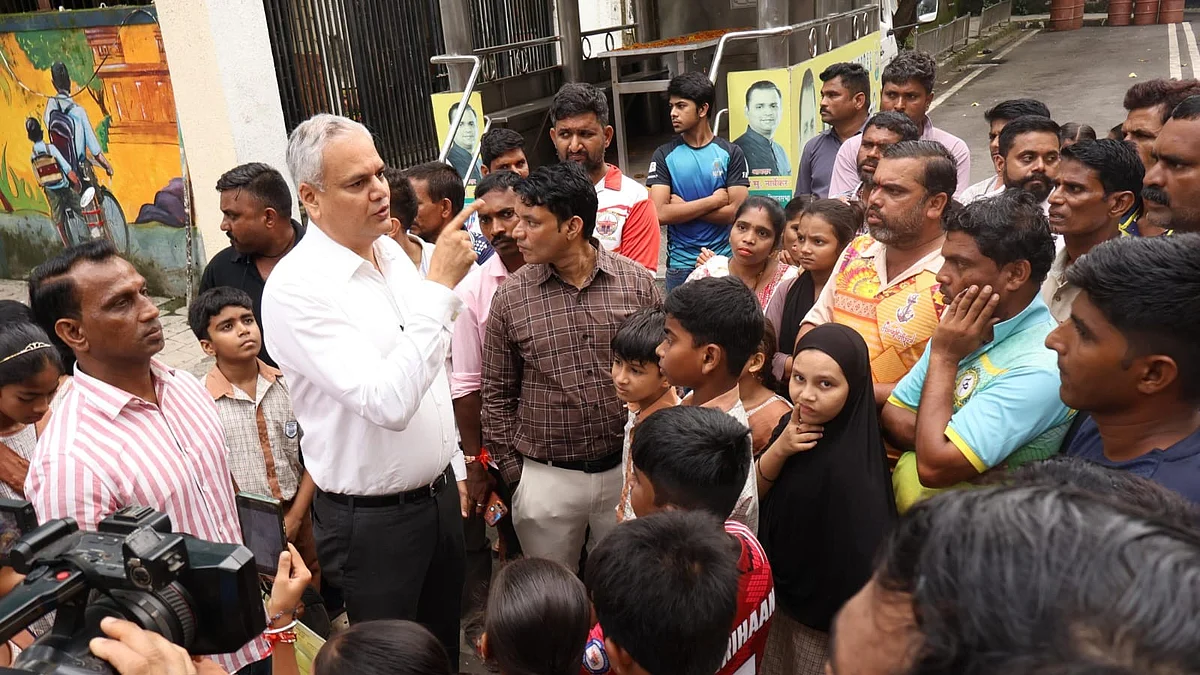


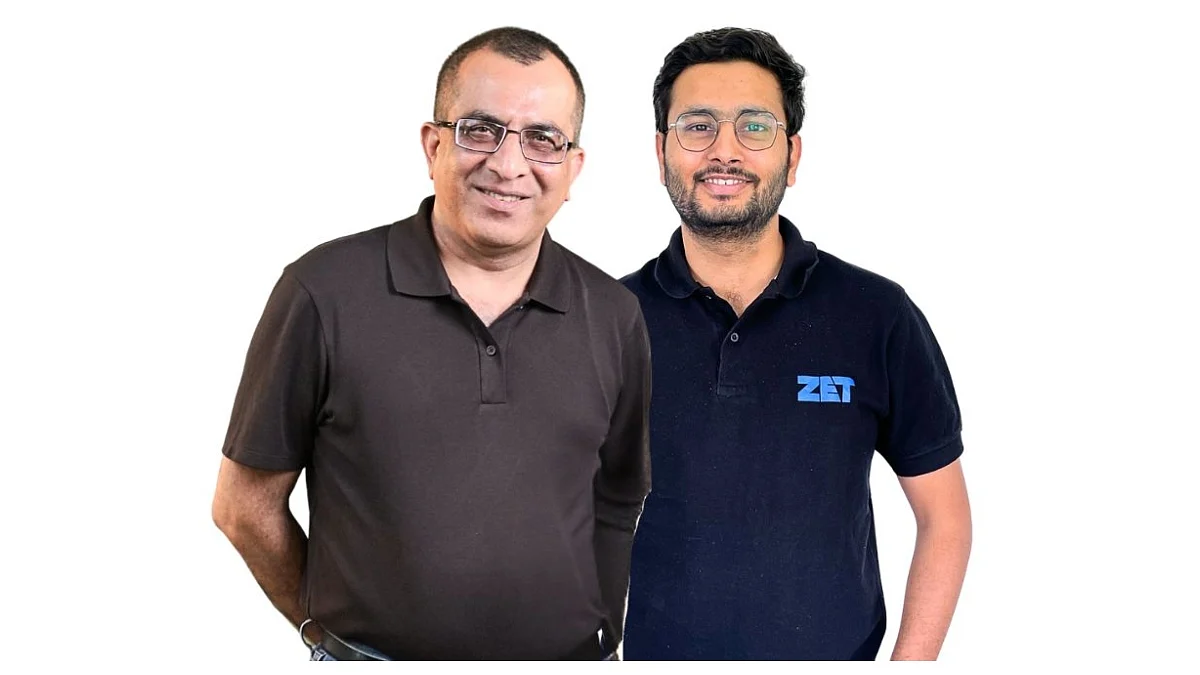
.jpg)

